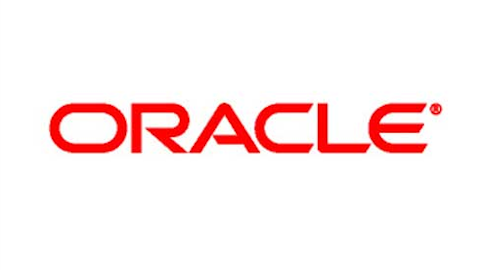Lesson 2: Consumer Preferences are Always Changing
Dell has been victim of the steady collapse in PC usage that is detailed by Evan Niu at The Motley Fool. Consumer preferences are always changing. They can go from euphoria to despair regarding both individual brands as well entire industries. Dell’s problems are a bit of both, but mostly a result of diminished demand for PCs relative to other portable electronic devices. This demonstrates the misconception of their wide economic moat at the turn of the century. Certainly it isn’t possible to foresee the future and innovation is always happening. Still, a thorough analysis must be done to see potential risks from changing consumer preferences.
Much of these risks lie in the consumer discretionary and technology sectors. It doesn’t mean investors should ignore these areas; they just need to be extra diligent on their long-term expectations. Buying stocks with a built in margin of safety is a must. During the last decade Dell was a victim of collapsing valuations and weakening fundamentals. When these two situations happen in unison it almost always leads to a permanent loss of capital.
Yum! Brands, Inc. (NYSE:YUM) just reported horrible 4Q12 results that highlight how fickle consumers can be. The company derives more than 40% of sales from China, a region that is supposed to be filled with growth opportunities. Instead the company reported that China same-store sales DECLINED 6% in the fourth quarter. This was driven by weakening trends in the region combined with a negative media report regarding food safety. Chinese consumers had both the option and the ease to immediately switch to a different restaurant. This is not symbolic of a company with a wide economic moat.
The chart below looks eerily similar to that of HPQ highlighted above. Where do margins go from here?
YUM Operating Margin TTM data by YCharts
The rise in margins has mainly been driven by growing the China division, which has higher margins than U.S. operations. However, margins in China fell to 18.1% in 2012 versus 19.7% in 2011. Same-store sales collapsed from +19% to just +4%. Slowing growth, margins, and exposure to consumer preferences leaves YUM! Brands with no economic moat. Most mature restaurant operators have margins in the 12-16% range, with McDonald’s Corporation (NYSE:MCD) being an exception, so it seems hard to envision higher margins in the next couple of years. Adding further headwinds to the stock is the relatively elevated valuation as measured by the EV/EBITDA.
YUM EV / EBITDA TTM data by YCharts
The Foolish Bottom Line
Investing in companies with wide economic moats and reasonable valuation is a prudent strategy, but make sure you are properly labeling a company’s long-term competitive position. Companies highly levered to evolving consumer preferences or have short-term cost advantages should be scrutinized. Several companies in the consumer discretionary and technology sectors are incorrectly assigned such prestigious designations only to fall out of favor seemingly overnight. Hewlett-Packard and Yum! Brands are two companies, along with many others, that have been foolishly given economic moats.
The article Wide Moat Stocks- Not As Many As You Think originally appeared on Fool.com and is written by Justin Carley.
Copyright © 1995 – 2013 The Motley Fool, LLC. All rights reserved. The Motley Fool has a disclosure policy.







